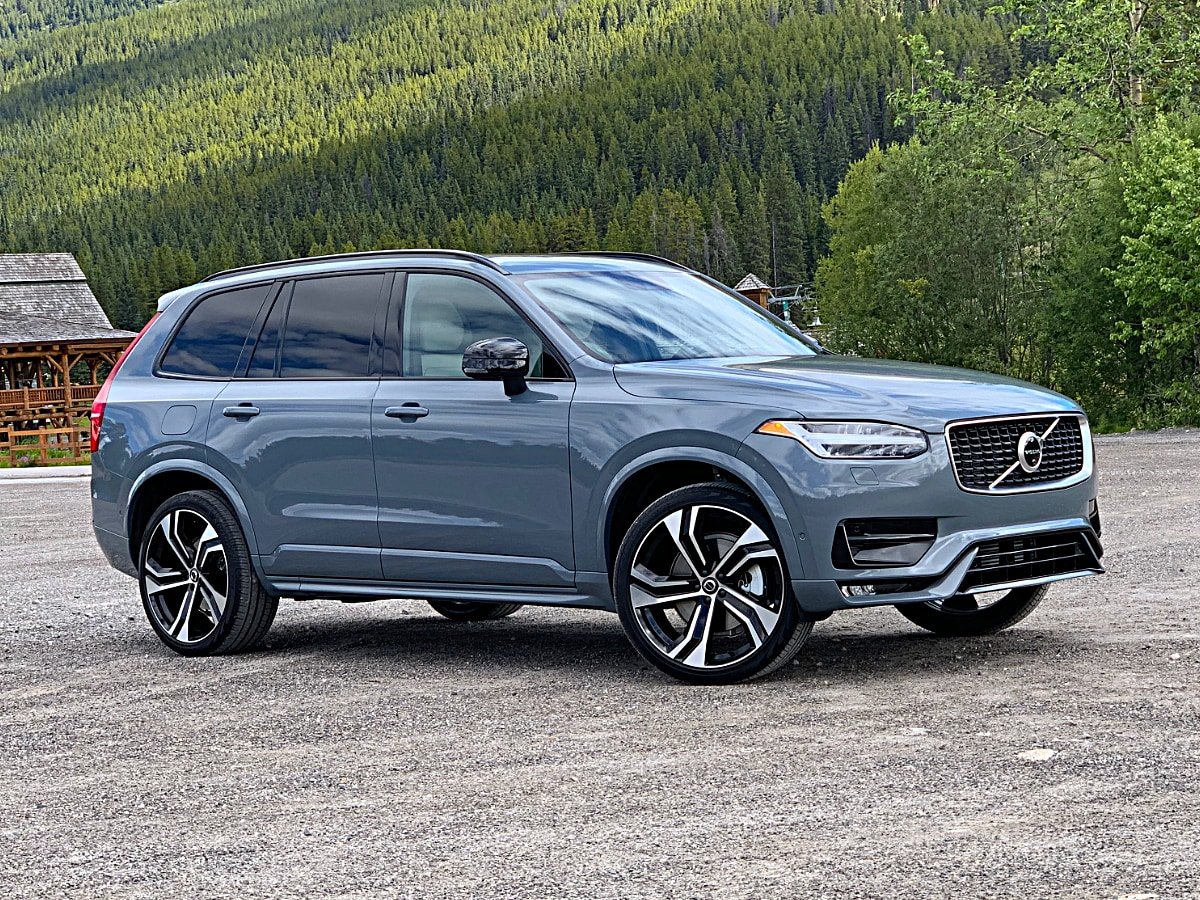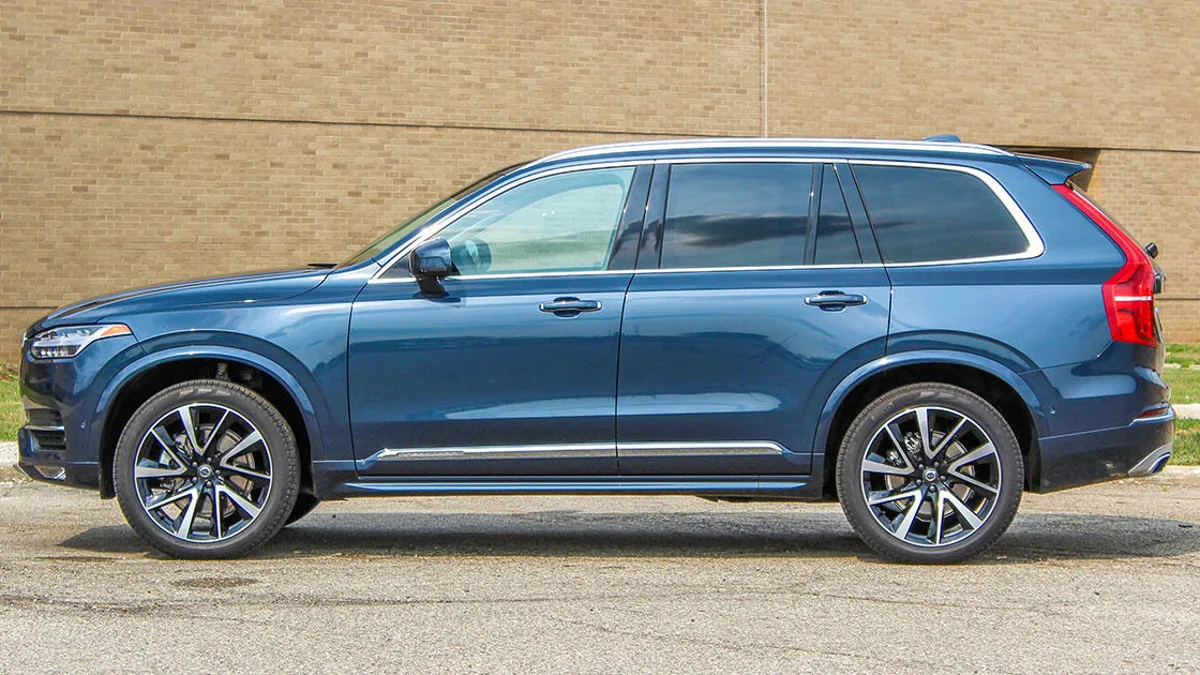Volvo has decided to stop making cars with diesel engines. Last September, during Climate Week NYC, the Swedish carmaker announced that it would no longer use Rudolph Diesel’s invention. Recently, the Volvo plant in Torslanda, Sweden, sent out the second-to-last diesel-powered XC90. Then, they finished with a blue XC90 made at Volvo’s Ghent, Belgium, factory.
This car has a twin-turbocharged 2.0-liter four-cylinder mild hybrid engine with 235 horsepower and 354 pound-feet of torque. Similar to the last Audi R8 made at Audi’s Bollinger Hofe facility, this XC90 will go to a special place: the World of Volvo museum, event, and conference space, opening on April 14 in Gothenburg, Sweden.
Volvo made a big change by stopping diesel cars so suddenly. In 2008, more than 90% of the XC90s sold in Europe had diesel engines. Volvo even introduced the world’s first diesel hybrid, the V60 D6 wagon, in 2012. Just five years ago, diesel engines were still in more than half of Volvo’s European sales. Diesel is still popular in Europe, making up 40% of premium car sales. Despite this, Volvo believes its future is in electric cars and is proud to take this new direction.

Volvo has faced some delays with its electric cars. The replacement for the XC90, the EX90, was delayed due to software issues. However, it’s expected to start production in Ridgeville, South Carolina, in the first half of this year, with deliveries beginning in the third quarter. The starting price for the standard dual-motor drivetrain is $77,990 after destination. There’s also a performance version with more power, starting at $82,990.
According to Automotive News’ Future Product Pipeline, Volvo has more electric cars planned. This year, they will refresh the EX40 and EC40 models. In 2025, they plan to introduce a new all-electric S90 sedan, possibly called the ES90, and an electric midsize to replace the popular XC60.
Also read: Volvo’s 40 Series Black Edition: Sleek Luxury Upgrades for 2025

